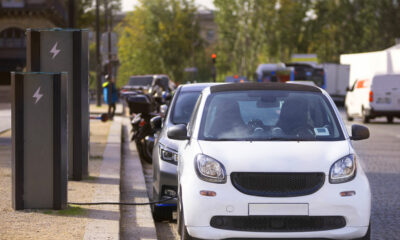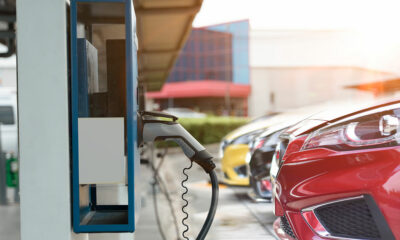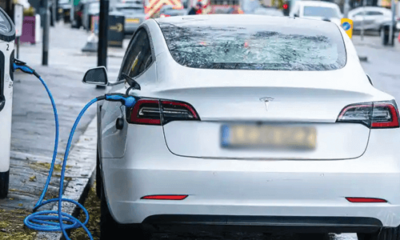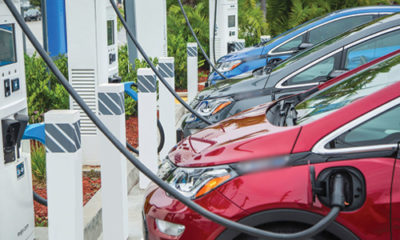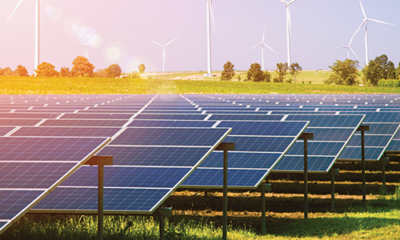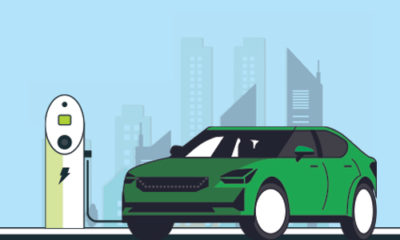News
AC charging the norm but DC is the future
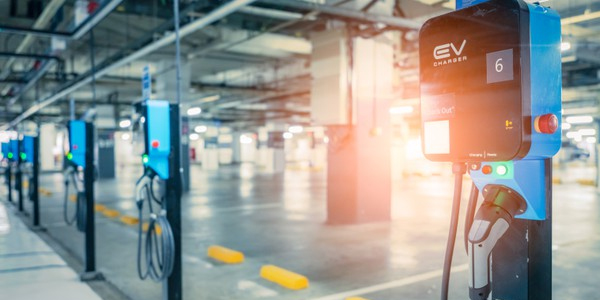

Source:https://www.energybite.co.in/blog-post/ac-charging-the-norm-but-dc-is-the-future/
Despite the host of advantages it provides, DC charging is yet to become a norm for charging one’s vehicle at home as it entails a huge cost. Since all EVs come fitted with converters, AC chargers are commonly used for chargers, as of now. The future, however, lies in DC chargers finding their way into home-charging because of their twin advantages of fast and bi-directional charging.
Charging process always requires conversion of alternating current (AC) to direct current (DC). While the power that comes from the grid is AC, the batteries in an EV can only store it as DC. The difference between AC charging and DC charging is the location where the AC power gets converted; inside or outside the car. Unlike an AC charger, the DC charger has a converter fitted in itself.
When a converter is placed inside the EV, it is called an on-board charger. It converts power from AC to DC which is then stored in the battery of the EV. This is the most common method of charging electric vehicles today and most chargers use AC power even though DC chargers are bigger and much faster than the AC chargers.
- This (AC charging) is the most common method of charging electric vehicles today and most chargers use AC power even though DC chargers are bigger and much faster than the AC chargers.
- The total cost (of installing a DC charger) comes to about Rs 30 lakh making it virtually impossible for an average Indian consumer to install a DC charging system at home.
- DC charging, on the other hand, is more common alongside highways or at public charging stations where limited time is available for charging a vehicle.
- These superchargers have a much higher capacity and can charge an EV in less than half the time than what is required for charging through a normal AC charger.
The primary reason for sticking to AC charger is economic; the cost of installing a DC charger is huge. The latter involves three components: EVSE (Electric Vehicle Supply Equipment), installation charges and the cost (or rent) of the land required for installing the big-size charger. The total cost comes to about Rs 30 lakh making it virtually impossible for an average Indian consumer to install a DC charging system at home.
Most charging stations use AC charging i.e. through the convertor placed inside the car itself. It’s ideal for charging one’s car at home or at work where longer hours required for charging are affordable. DC charging, on the other hand, is more common alongside highways or at public charging stations where limited time is available for charging a vehicle.
Companies like the US giant Tesla propagate the use of their proprietary DC chargers, which are called superchargers. These superchargers have a much higher capacity and can charge an EV in less than half the time than what is required for charging through a normal AC charger. An AC charger generally takes about eight to nine hours to recharge an EV’s battery fully.
Considering all these advantages, the future certainly lies in DC charging making its way into home-charging. That will open fresh possibilities for the users as DC chargers allow not only fast, but also bi-directional charging.
-



 News3 weeks ago
News3 weeks agoKW Delhi 6 Mall Onboards New Brands
-



 News4 weeks ago
News4 weeks agoManasum Senior Living Launches IKIGAI GOA, A Senior Living Community in North Goa, in collaboration with Prescon Homes
-



 News3 weeks ago
News3 weeks agoGodrej Properties Sells Rs 3k cr+ Homes of Godrej Zenith, Gurugram, within 3 days
-



 News3 weeks ago
News3 weeks agoCommercial Realty Gets Tech Savvy: Fast Construction, Enhanced Convenience
-



 News4 weeks ago
News4 weeks agoBridging India Divide: Top 5 Tier- 2 Cities to Focus On
-



 News4 weeks ago
News4 weeks agoMultipoint Connection – A Definite Boon
-



 News3 weeks ago
News3 weeks agoRBI’s Status Quo on Key Policy Rates to Help Maintain the Real Estate Growth Momentum, Say Industry Stalwarts
-



 News1 week ago
News1 week agoOlive Announces Dhruv Kalro as Co-Founder







